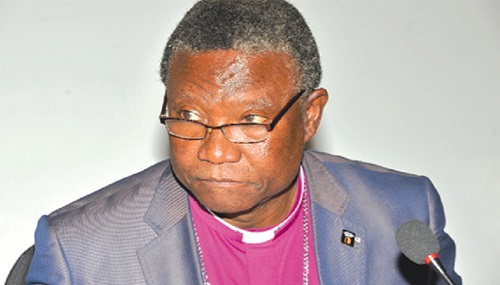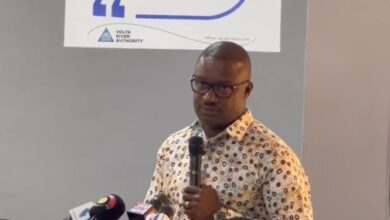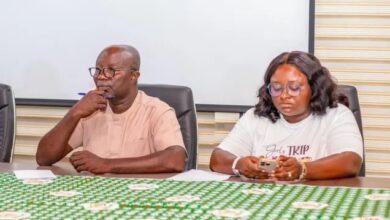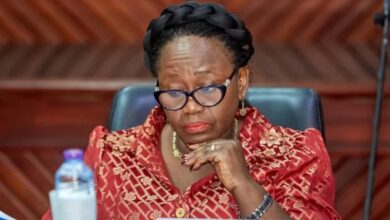
Former Chairperson of the National Peace Council, Most Reverend Professor Emmanuel Asante, has called on political leaders to adopt a bipartisan approach in resolving the protracted Bawku conflict, warning against the politicization of the crisis for electoral advantage.
Speaking to reporters after a community engagement with Bawku residents in the Ashanti Region, Prof. Asante expressed concern that political interference continues to frustrate peace efforts in the troubled area.
“The political elements are a big problem,” he said. “I hope our politicians will stop exploiting such conflicts to promote their party interests. A war in any part of the country threatens our collective development, and we must not take advantage of it just to gain or retain power.”
Prof. Asante stressed the importance of national unity and urged politicians to prioritize peace in Bawku over partisan agendas.
“We are one people, and we must not destroy ourselves. Let’s approach this issue in a bipartisan manner,” he said. “Even in countries like the United States where political disagreements are common, they often unite around national interest. Ghanaian politicians should do the same to secure peace in Bawku.”
Efforts to Restore Peace Intensify
The National Peace Council has stepped up its engagement with Bawku indigenes in the Ashanti Region, aiming to promote understanding and prevent the conflict from spreading to other parts of the country.
As part of this initiative, the Ashanti Regional Security Council and the Peace Council recently facilitated a meeting between leaders of the Kusasi and Mamprusi factions. The dialogue led to the signing of a peace agreement, following tensions and violent incidents in Asawase believed to be linked to the Bawku conflict.
In addition, the Peace Council has held separate sessions with women’s groups from both factions. During these meetings, participants voiced concerns about the role of social media in escalating tensions and called for stronger government intervention. The women pledged their full support for ongoing peace initiatives.
Prof. Asante’s appeal comes as the country continues to grapple with ethnic and chieftaincy-related conflicts, which often carry political undertones and threaten national stability.



